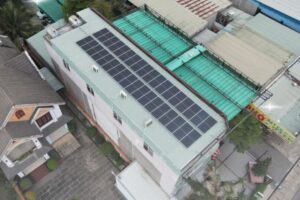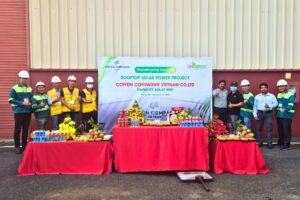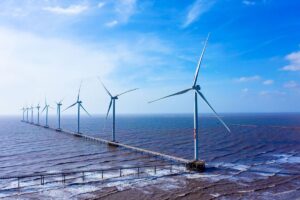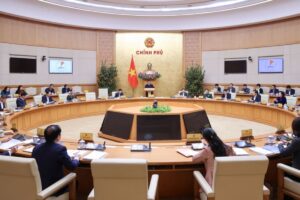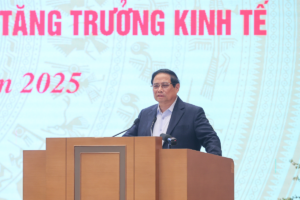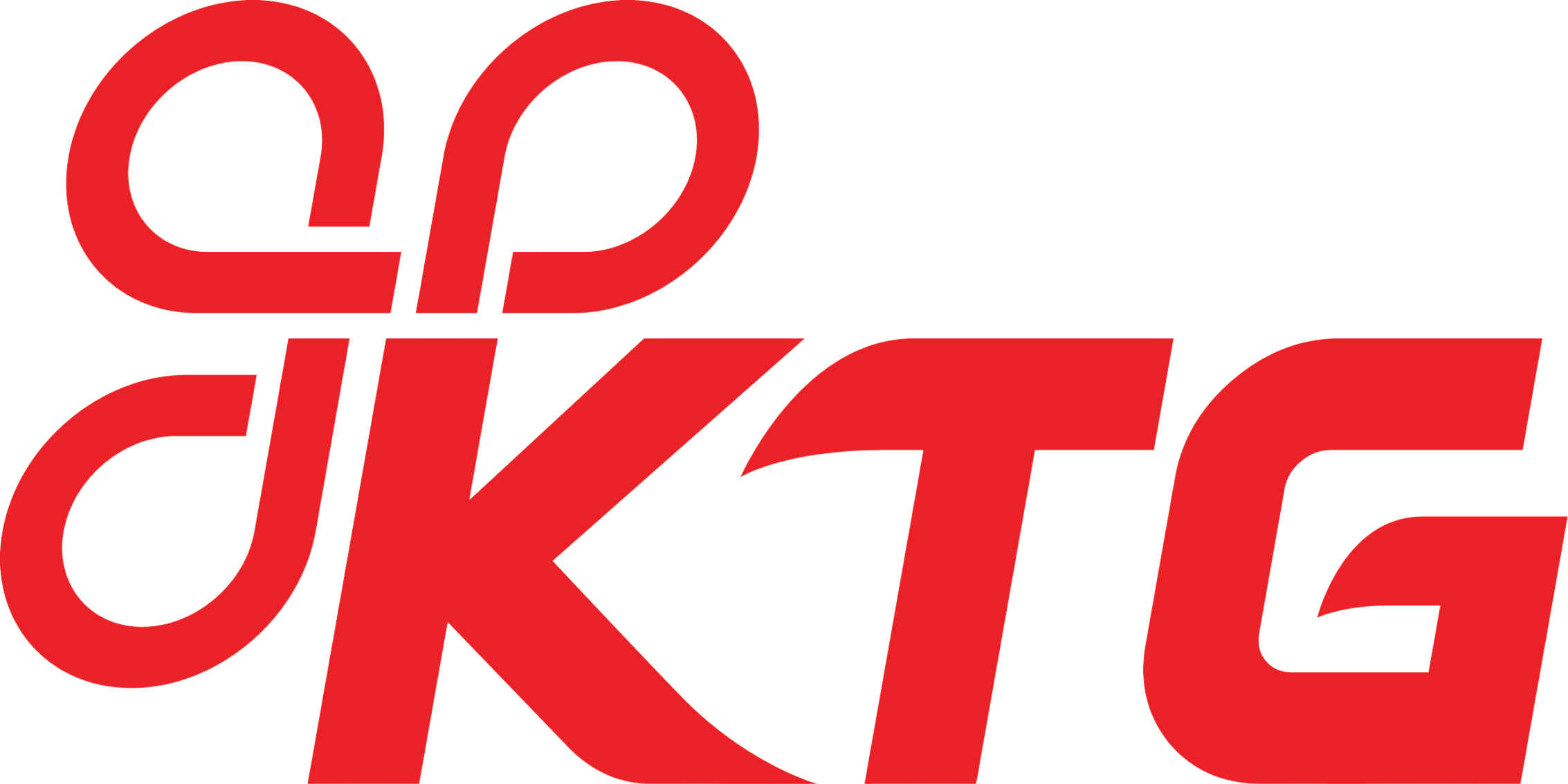The Vietnamese government has announced a significant advancement in renewable energy policy through Decree 135. This legislation allows rooftop solar system owners to profit from their excess electricity by selling it back to the national grid, with a cap set at one-fifth of their installed capacity.
This policy creates opportunities for various stakeholders, from households to businesses, who wish to utilize their roof space for solar power installation. However, government offices and public property users will not be eligible to participate in this power trading arrangement.
Key highlights of the new regulation include:
- Off-grid independent systems: Permitted to develop without power capacity restrictions.
- Systems with anti-reverse power flow devices: Exempt from power operation licensing.
- Residential installations under 100kW: Also exempt from licensing requirements.
- Projects of 1,000kW or larger: Must complete mandatory planning procedures and obtain operating licenses.
Vietnam Electricity (EVN) will play a crucial role in purchasing excess power. The purchase price will be calculated based on the previous year's average market price, ensuring transparency and fairness for all participants.
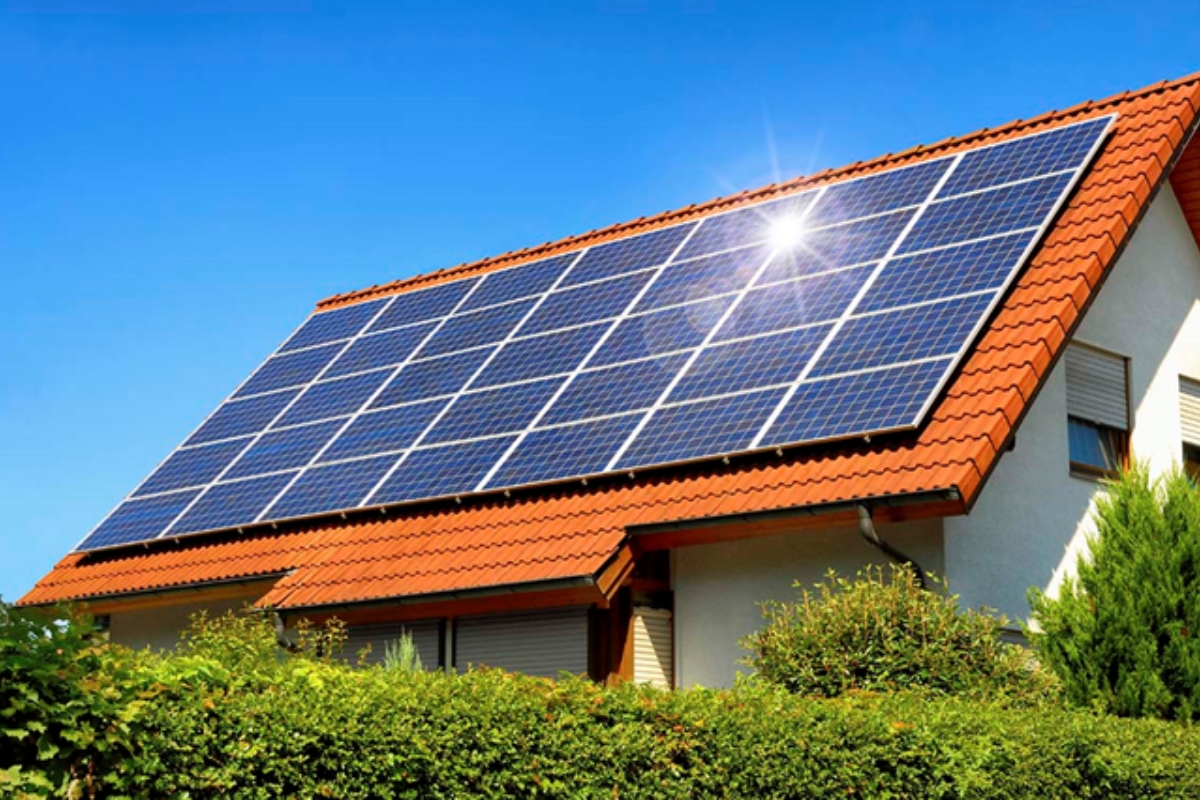
Residents can sell their surplus electrical energy to the national power grid
Recent statistics show that Vietnam has successfully implemented over 100,000 rooftop solar projects, achieving a total capacity exceeding 9,500 MW. Looking forward, the Power Development Plan VIII sets an ambitious target: adding another 2,600 MW by 2030, equivalent to installing solar systems on more than half of existing buildings.
Initially, the Ministry of Industry and Trade expressed concerns about purchasing rooftop solar power, citing issues with supply stability, operational and maintenance costs, and potential strain on the transmission system. However, industry experts have proposed a balanced solution: allowing surplus power sales while implementing reasonable limits to prevent policy exploitation for profit.
This new government policy brings several benefits: streamlined administrative proc, no business license modifications require, incentives for implementing Battery Energy Storage Systems
It is important to note that these benefits do not apply to independent systems selling power directly to other parties. Such transactions will instead be governed by separate Direct Power Purchase Agreement (DPPA)
Nguồn: VNExpress


